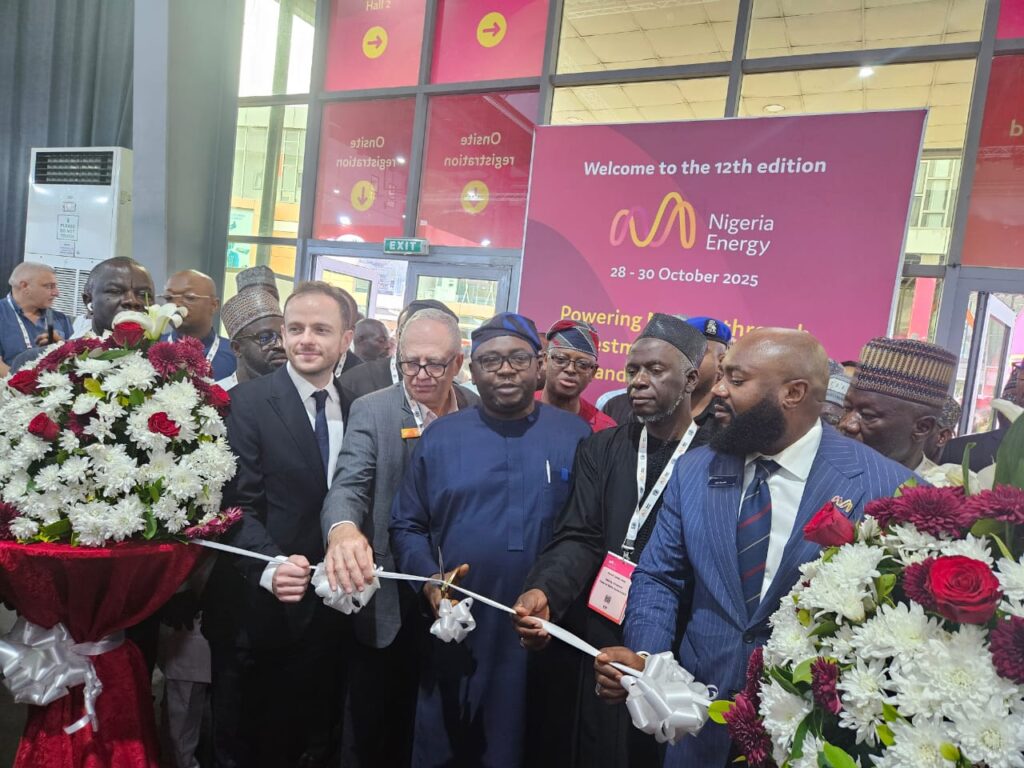The Minister of Power, Adebayo Adelabu, has revealed that Nigerians spent approximately N15 trillion on diesel and fuel to run generators over the past year due to unreliable public power supply.
Speaking at the Nigeria Energy Summit organized by Informa Markets in Lagos, Adelabu noted that the narrative is beginning to change under President Bola Tinubu’s reforms, with improved electricity provision now being recorded.
The summit was themed: “Powering Nigeria through Investment, Innovation, and Partnership.”
Corroborating Adelabu’s claim, the National Bureau of Statistics reported that petrol import costs rose by 105.3 percent, from N7.51 trillion in 2023 to N15.42 trillion in 2024.
The minister appealed to private investors to increase investment in the power sector, acknowledging that the federal government alone cannot fund the scale of investment needed to deliver efficient and reliable power.
Adelabu announced a major policy requiring electricity Distribution Companies (DisCos) to meet a minimum capital adequacy requirement to qualify for license renewal.
He explained that the sector faces challenges of under-capitalization and a severe debt burden, which the new requirement aims to address, strengthening the financial health and liquidity of utilities.
Since taking office in 2023, Adelabu has spearheaded a multi-pronged reform agenda covering legislation, policy reforms, infrastructure development, energy transition, and local content development.
These measures aim to unlock private capital, enhance service delivery, and ensure sector sustainability.
He highlighted the Electricity Act 2023, which granted regulatory autonomy to 15 states, and the newly approved Integrated National Electricity Policy, the first sector-wide policy in nearly two decades, to promote a liberalized and investment-friendly electricity market.
Nigeria’s average generation capacity rose from 4,200MW in 2023 to 5,300MW in 2024, thanks to grid expansions and infrastructure upgrades, including the rehabilitation of existing NIPP plants to unlock 345MW, the integration of the 700MW Zungeru Hydropower Plant into the national grid, and the signing of contracts for the Presidential Power Initiative (PPI) Phase One, expected to add 7,000MW. Adelabu also confirmed the Presidential Metering Initiative, with ₦700 billion secured to deploy 1.1 million meters by the end of 2025.
The minister noted the unbundling of the Transmission Company of Nigeria (TCN) into two entities: the Nigerian Independent System Operator (NISO), which manages grid operations and coordinates the electricity market, and the Transmission Service Provider (TSP), which owns, maintains, and expands transmission infrastructure. This structural reform aims to strengthen the sector and attract investment.
Adelabu emphasized that Nigeria’s power sector has over 10GW of stranded generation capacity, presenting a significant opportunity for investors. Drawing parallels with South Africa’s $25 billion transmission expansion project, he highlighted Nigeria’s $2.3 billion Presidential Power Initiative as a starting point for strategic partnerships.
He concluded that market fundamentals are improving, the policy environment is clear, and the national leadership is committed to creating enabling conditions for long-term investment and innovation, assuring that strategic partnerships would unlock the sector’s enormous potential.















